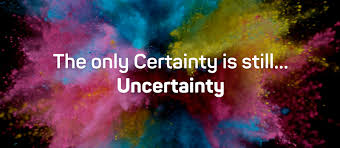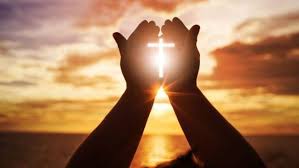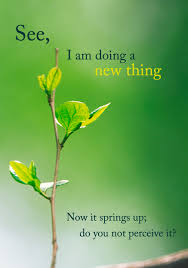 Options for best life
Options for best life
The 21st century offers many options for our lives. That is why it is important that we, as believers, discern what voice we “actively” listen to. This is especially true when it comes to determining what living our best life should look like.
In our series, we determined that some individuals make their choice based on who they are and what’s important to them. Last week we attempted to identify what best life looks like. We determined that the essence of best life can be based on our human needs and things we most desire.
So, what is the answer for best life! I concluded last week’s teaching with a statement that will help to set the context for best life for believers in the 21st century. Which choice most accurately represents “best life for us”? For believers, we are to go to The Source, Who is to be the final authority on everything we do (or it should be). That authority is God and His Word. It is now time to consider the number one question, “what does God say about best life.”
The Dividing Line
The believer’s life is to look vastly different from the world we live in. We are to seriously demonstrate and witness to our new life in Christ. That being the case, our best life should reflect a life lived for Christ.
The Barna Institute reports the increasing difficulty in distinguishing believers from the unsaved world. Unfortunately, we are not seen as living any differently than our unsaved family, friends, and acquaintances. We have basically lost our saltiness and our light (Matt. 5:13-16).
This lack of distinction could be attributed to a number of factors including fear of abuse, lack of spiritual discipling, or spiritual immaturity. Some believers have even walked away from the traditional Church because of personal wounding or disillusionment with leadership. What the future Church looks like, especially after COVID-19, is yet to be determined.
However, the imperfect nature of the Church does not negate the expectation that God has for His people. We are to continually examine ourselves to insure we are living a life of faith under the direction of Jesus’ Holy Spirit (2 Pet. 1:10). What does best life look like for believers?
Caution
Jesus shared what best life “was not” in the Sermon on the Mount Discourse. He gives a command that will provide us a framework for identifying what best life looks like. Jesus begins with his first instruction (Matt. 6:19-21).
Do not lay up for yourselves treasures on earth, where moth and rust destroy and where thieves break in and steal; but lay up for yourselves treasures in heaven, where neither moth nor rust destroys and where thieves do not break in and steal. For where your treasure is, there your heart will be also.
Jesus closes with this requirement (Matt. 6:33).
But seek first the kingdom of God and His righteousness, and all these things shall be added to you.
The verb “seek” is an imperative in the Greek language. An imperative expresses a command to the hearer to perform a certain action by the order and authority of the one commanding. What Jesus gives is not a casual invitation but an absolute command requiring full obedience. “All these things” lovingly includes not only our needs but also the desires of our heart (Ps. 37:4).
Jesus knows we have needs. It is His desire that we not worry nor become preoccupied with possession of things. By faith we know that we will be cared for. Focusing on Christ lessens our anxieties as we attempt to live during these uncertain times (Phil. 4:6-7).
Moving to best life
The Apostle Paul further clarified Jesus’ teaching to the church at Colosse. He pointed them to how to find best life (Col. 3:1-2).
If then you were raised with Christ, seek those things which are above, where Christ is, sitting at the right hand of God. Set your mind on things above, not on things on the earth.
Seek and set are also verbs that are in the imperative. As with Jesus’ use in Matthew, it expresses a command to the hearer to perform a certain action. It is not an invitation. Both verbs are in the present tense which means it is a fact or reality occurring in actual time. Therefore, we are commanded to keep seeking and keep setting our attention. Where?
Notice the place where the “things and the affections” are found. They are not on this earth but in heaven. This directs our attention to those things that have eternal value and heavenly consequences. Unfortunately, 21st century technology has created vehicles to capture the lusts of our flesh, our eye, and the pride of life (1 John 2:15-17). We are continually bombarded with marketing messages and media that focus our attention on what we don’t have versus what is of greater value to the kingdom of God.
In the remainder of Colossians 3, Paul maps out the essence of best life for Christians. Best life for Christians is life lived in Coram Deo. Coram Deo summarizes the idea that Christian living is lived in the presence of, under the authority of, to the honor and glory of God.
We will conclude this study next week as we decide what best life looks like for each of us.










